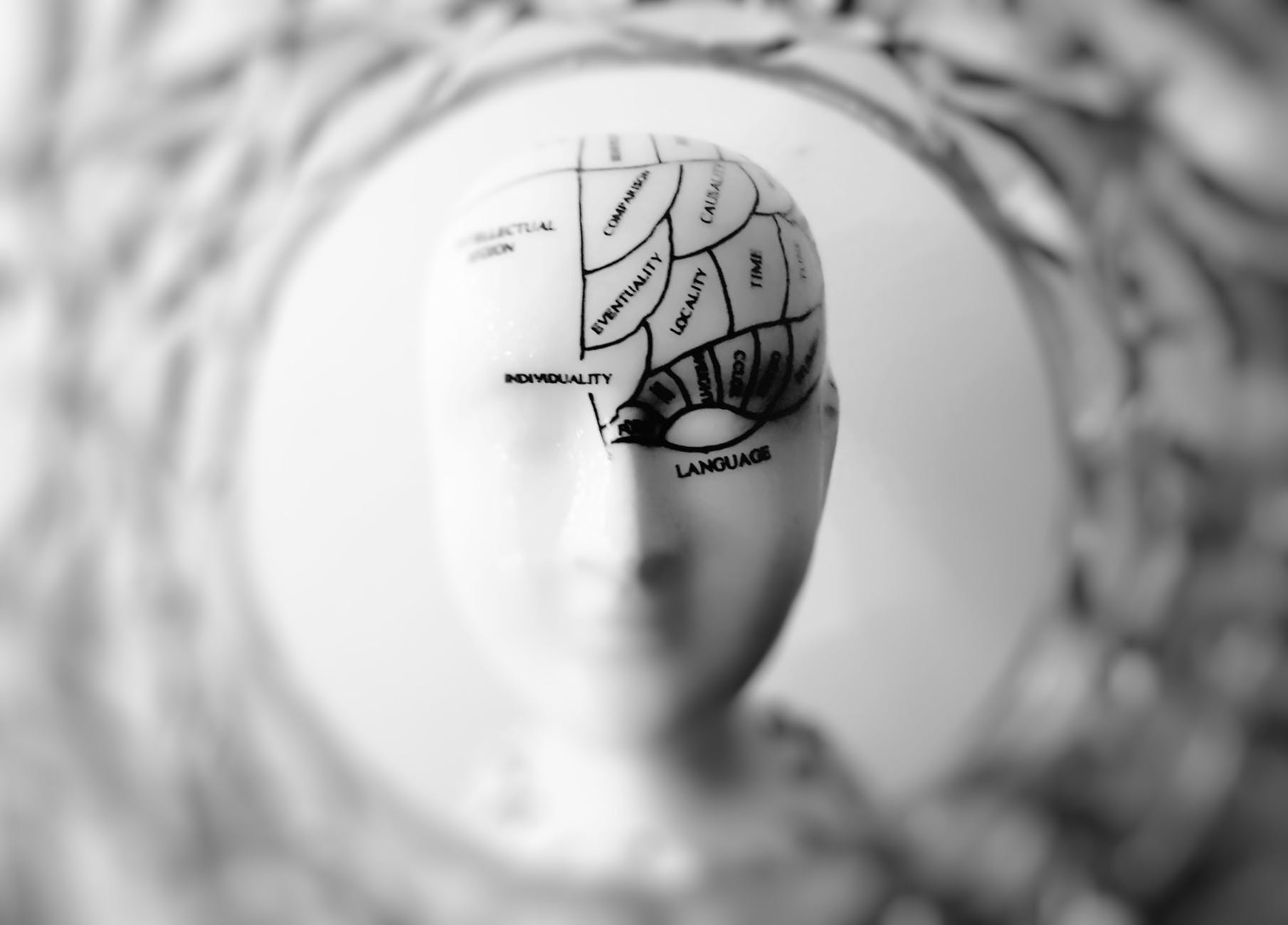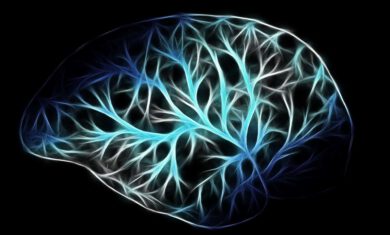As I’m taking the time to read and write more often, I’m also trying to work on ways to better retain what I’m learning. For years, I’d read books and pick up new ideas, but those ideas would quickly fade in the months after reading the book.
Because of that, when I read books now I often wonder if maybe I’ve read that same book in the past and simply don’t remember it, as I explained about “Essentialism” in this post a while back.
That post about Roam Research is a big part helping me remember what I read, and I outlined it a bit more in the post about my big reading shortcut. In many cases, I’m literally putting more effort into remembering what I read than I actually put into the reading itself.
Anki and Memory Palaces
I’ve mentioned other memory tools that I’ve used, such as Anki, which gives me a handful of flashcards each day to help me recall things that I’ve chosen to remember. I get into more depth about Anki in my post about the Digital Efficiency Framework if you want to see how it fits into my day.
There are also techniques like The Memory Palace that I’ve read about and understand, but really haven’t make much use of. Joe Turner does an excellent job of teaching some of those kinds of techniques, so reach out to him if you need help with learning new memory hacks.
Daily Stuff
More recently, though, I’m trying to work on the other daily ways to help improve memory. This includes:
- Eating healthier
- Getting enough sleep
- Exercising
- Meditating (which I discussed a bit in my post about clarity breaks)
It’s easier said than done, but hopefully as I get better in those four areas, it’ll help with clarity of my mind as well.
Do you do anything intentional to help with your memory? Let me know in the comments.





Years back I read David Allen’s ‘Getting Things Done,’ and I have to say it was a huge influence in many ways. One of the best things it taught me was not to trust my memory. I bought into that heavily. Pretty much everything I care about ever being able to remember is now tucked away in my systems. (Unfortunately, multiple systems, but each for the right reasons.) But then one day I was totally disconnected from all my systems, and I suddenly realized I didn’t have a clue what to do. I had so successfully flushed my brain to my systems, that my brain was, for all practical purposes, empty! Yes, I know I’m setting myself. I’m now, slowly, working to actually remember a few things without use of technology. It’s funny how this second transition is both more intentional and a lot harder!
Yes, it’s very weird. On one hand, I still push hard for GTD and getting things into their proper systems. On the other hand, I want to store more in my brain too. I have a hard time finding the place between them.
I think it’s along the lines of “stuff goes in systems” and “knowledge goes in your brain”, but it’s not always so easy to figure out which is which.